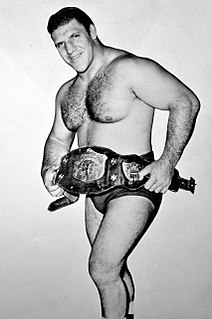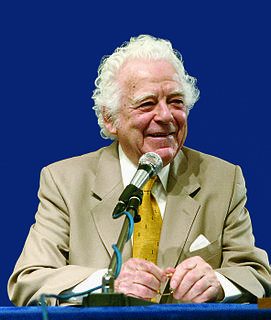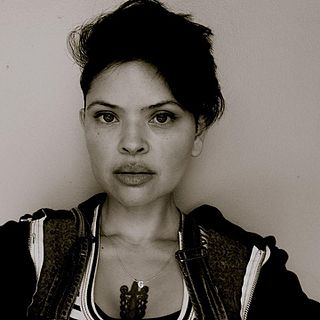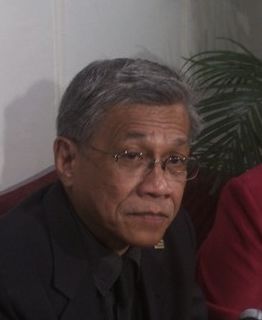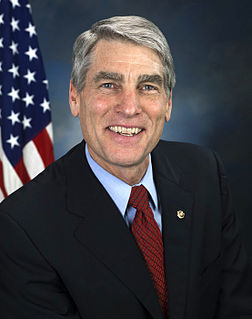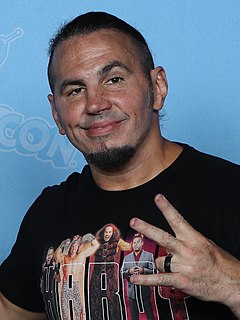A Quote by Bruno Sammartino
We lived in the mountains for 14 months without much food. People were dying from starvation.
Related Quotes
There is more food in the world than we could possibly use. There's a huge surplus of food per capita, but it's locked away and rotting in the storehouses of the Western world, whereas in the East, in many parts of Africa, India and South America, people are starving to death. Millions of people are dying of starvation in a time in which there is a huge surplus of food.
The famous Zen parable about the master for whom, before his studies, mountains were only mountains, but during his studies mountains were no longer mountains, and afterward mountains were again mountains could be interpreted as an alleory about [the perpetual paradox that when one is closest to a destination one is also the farthest).
[I]t's an honor to be a food stamp president. Food stamps feed the hungry. Food stamps save the children. Food stamps help the farmer. Food stamps help the truck driver. Food stamps help the warehouse. Food stamps help the store. Food stamps hire people and feed people. Food stamps save people from starvation and malnutrition. ... Give President Barack Obama a big hand. Show your love. Show your appreciation.
I think there's a huge gap between no longer qualifying for benefits and being able to afford a life without benefits. When I went off government assistance - six months before I got the book deal - there were some months that were lean, I mean literally lean, like I lost a lot of weight. I could barely afford food.
It is the other way round: food cannot make you spiritual, but if you are spiritual your food habits will change. Eating anything will not make much difference. You can be a vegetarian and cruel to the extreme, and violent; you can be a non-vegetarian and kind and loving. Food will not make much difference. In India there are communities who have lived totally with vegetarian food; many Brahmins have lived totally with vegetarian food. They are non-violent but they are not spiritual.
There’s only one Earth, and it’s tiny, but evil human leaders avoid problems they don’t want to resolve by giving them names which make the problems sound like they’re taking place in a different world: they make people not care about other people dying of starvation by calling the place the dying live “the third world.
The newspaper stories were like dreams to us, bad dreams dreamt by others. How awful, we would say, and they were, but they were awful without being believable. They were too melodramatic, they had a dimension that was not the dimension of our lives. We were the people who were not in the papers. We lived in the blank white spaces at the edges of print. It gave us more freedom. We lived in the gaps between the stories.
